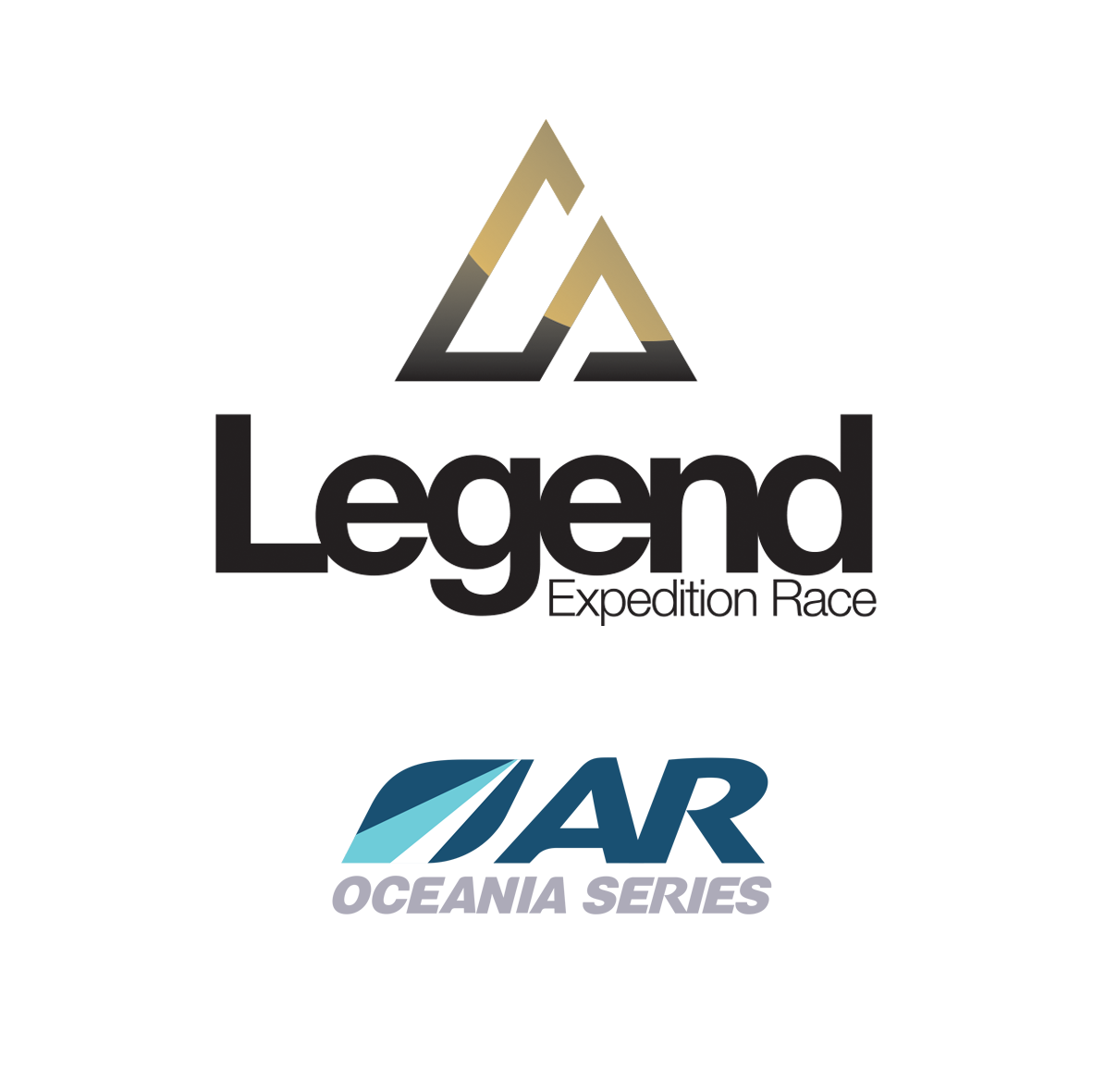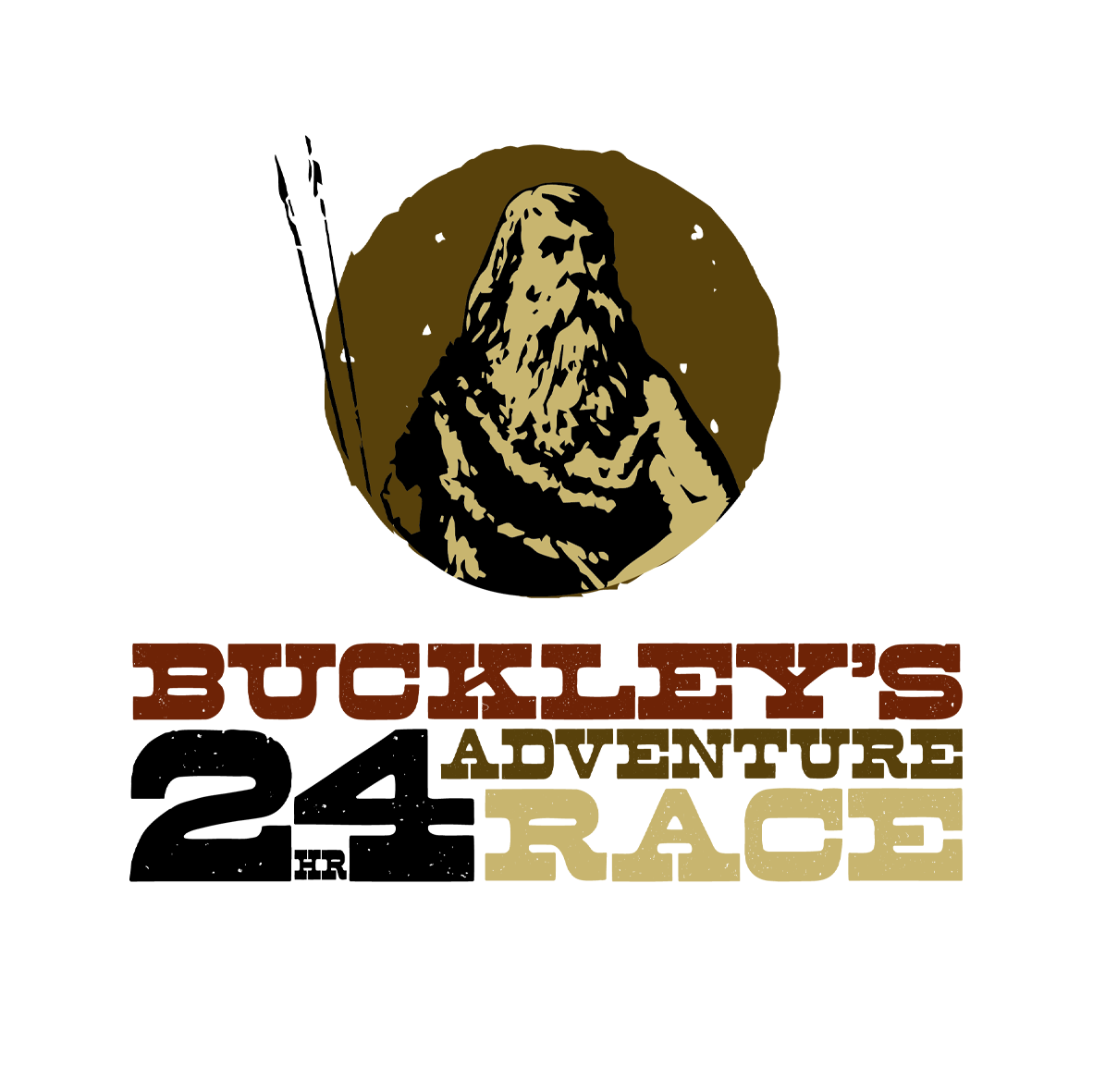Teams trek across the Australia Alpine country in the Legend Expedition Race 2023
Adventure racing is a multi-discipline endurance sport that involves navigating through challenging terrain and completing a series of outdoor activities such as running, cycling, kayaking, and climbing.
This sport has gained popularity worldwide and has become a subject of academic research over the years. In this literature review, we will explore some of the academic articles on adventure racing and highlight their key findings.
Adventure racing: a thematic analysis of competitors’ experiences (2016) by F. P. Reavy, K. L. Burch, and A. L. Gass.
This study used thematic analysis to explore the experiences of adventure racing competitors. The authors found that adventure racing is a unique and challenging sport that requires participants to adapt to unexpected situations and work together as a team. The study also found that adventure racing has a positive impact on participants' mental and physical health, as well as their sense of personal growth and achievement.
Nutrition in adventure racing: An update (2021) by M. L. Burke, J. R. Hawley, and G. S. Shaw.
This article reviews the current research on nutrition in adventure racing. The authors found that adequate nutrition is critical for adventure racers to perform at their best and avoid fatigue and injury. The study also found that a balanced diet, proper hydration, and strategic use of supplements can help adventure racers to maintain their energy levels and enhance their endurance.
The psychological factors affecting adventure racing performance (2017) by S. S. Drew, L. Vella, and J. P. Leicht.
This study explored the psychological factors that affect adventure racing performance. The authors found that motivation, self-confidence, and mental toughness are critical for success in adventure racing. They also found that effective goal-setting, visualization, and relaxation techniques can help adventure racers to manage stress and perform at their best.
Physiological demands of adventure racing: A systematic review (2018) by K. L. Burch, F. P. Reavy, and A. L. Gass.
This systematic review explored the physiological demands of adventure racing. The authors found that adventure racing is a highly demanding sport that requires participants to have excellent cardiovascular fitness, muscular strength, and endurance. The study also found that the physical demands of adventure racing vary depending on the terrain, climate, and duration of the race.
Adventure racing: a tool for teaching life skills (2019) by J. A. Flaschner, J. C. Haney, and L. G. Smith.
This study examined the potential of adventure racing as a tool for teaching life skills. The authors found that adventure racing can help participants to develop teamwork, communication, problem-solving, and decision-making skills. The study also found that adventure racing can improve participants' self-esteem, self-efficacy, and leadership skills.
In conclusion, adventure racing is a unique and challenging sport that has gained popularity worldwide. The academic research on adventure racing has focused on exploring the experiences of competitors, the physiological demands of the sport, the psychological factors affecting performance, and the potential of adventure racing as a tool for teaching life skills. These studies have highlighted the positive impact of adventure racing on participants' physical and mental health, personal growth, and development of important life skills.







